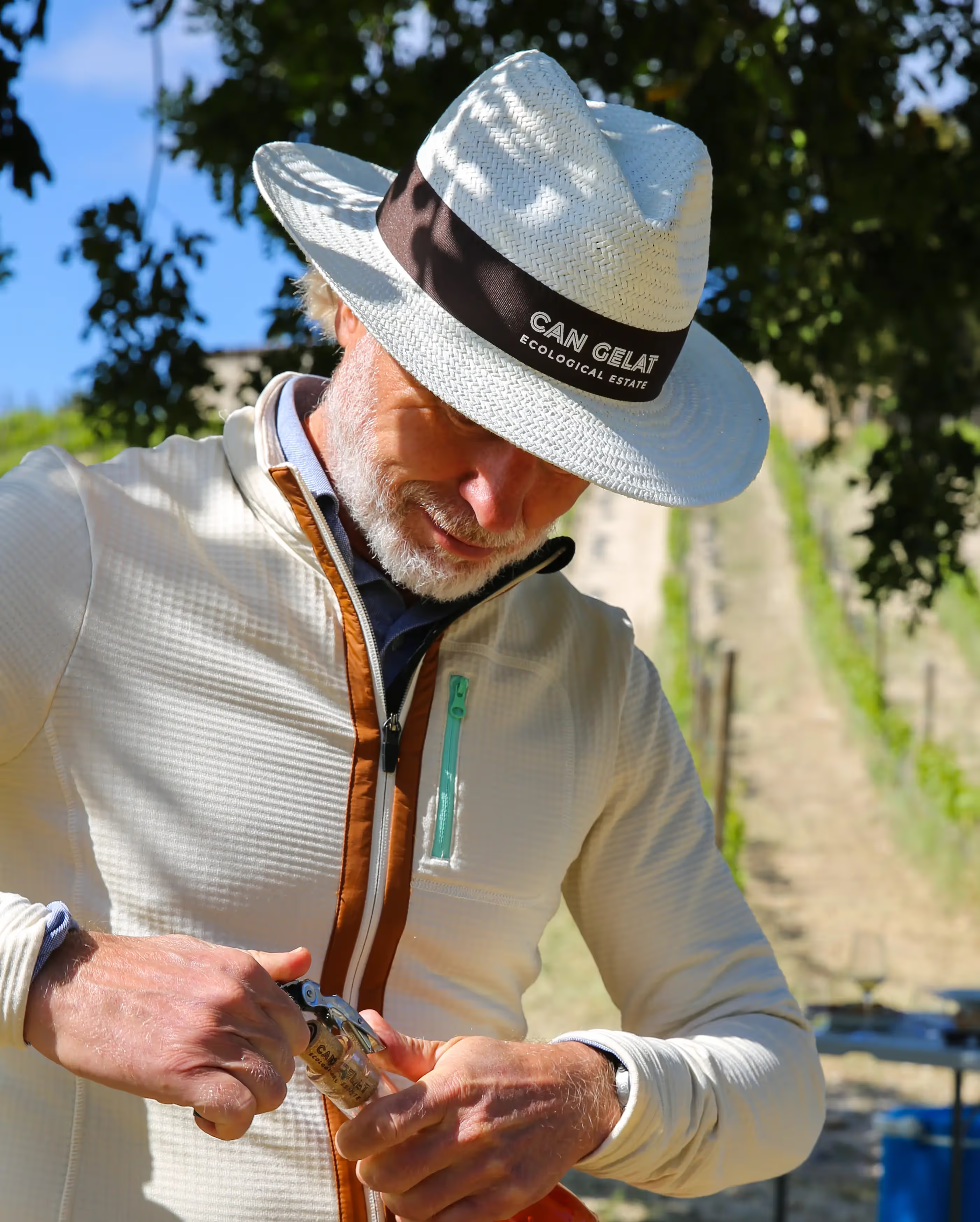
C
an Gelat is a 30-hectare property situated within walking distance of Moscari, with views of the mountains to the west and the sea to the east. For decades, the land was left unused – marked only by the remnants of an old stone house and wild olive, pine and carob trees, but in 2013, Dutch entrepreneur Wim Lochtenberg and his family purchased the land and have slowly transformed it into a flourishing Mediterranean oasis, its gently sloping hills filled with a variety of plant and tree species, along with rows and rows of vines. Like many in Mallorca, Lochtenberg and his family moved to the island for a change of lifestyle. They had an idea of creating a vineyard, but it was only until they brought in specialists to assess the soil and its potential for growing vines when they decided to dive in and commit. “When you start a vineyard,” says Lochtenberg, “you cannot stop it. It is with you always and you build your life around it.”
As often the case with historic Mallorcan fincas, the name Can Gelat, has an intriguing story. Can Gelat translates essentially to ‘ice house’, referring back to the 17th century when Mallorca had a thriving trade in ‘neu i gel’ (snow and ice). In this region, near to the Tramuntana Mountains, there were many ‘cases de neu’ (snow houses) and pous de neu (snow pits) used to store blocks of ice that were then transported and sold to Palma and Inca. Likely the property was once used for this industry. Lochtenberg also explains that at the same time, it’s also plausible that “Gelat” was an old family name or nickname, as with many Mallorcan toponyms. “In this case, it may refer to someone connected to the ice trade or snow collection — for example, a worker, merchant, or overseer of a snow house (el Gelat, ‘the icy one’).”
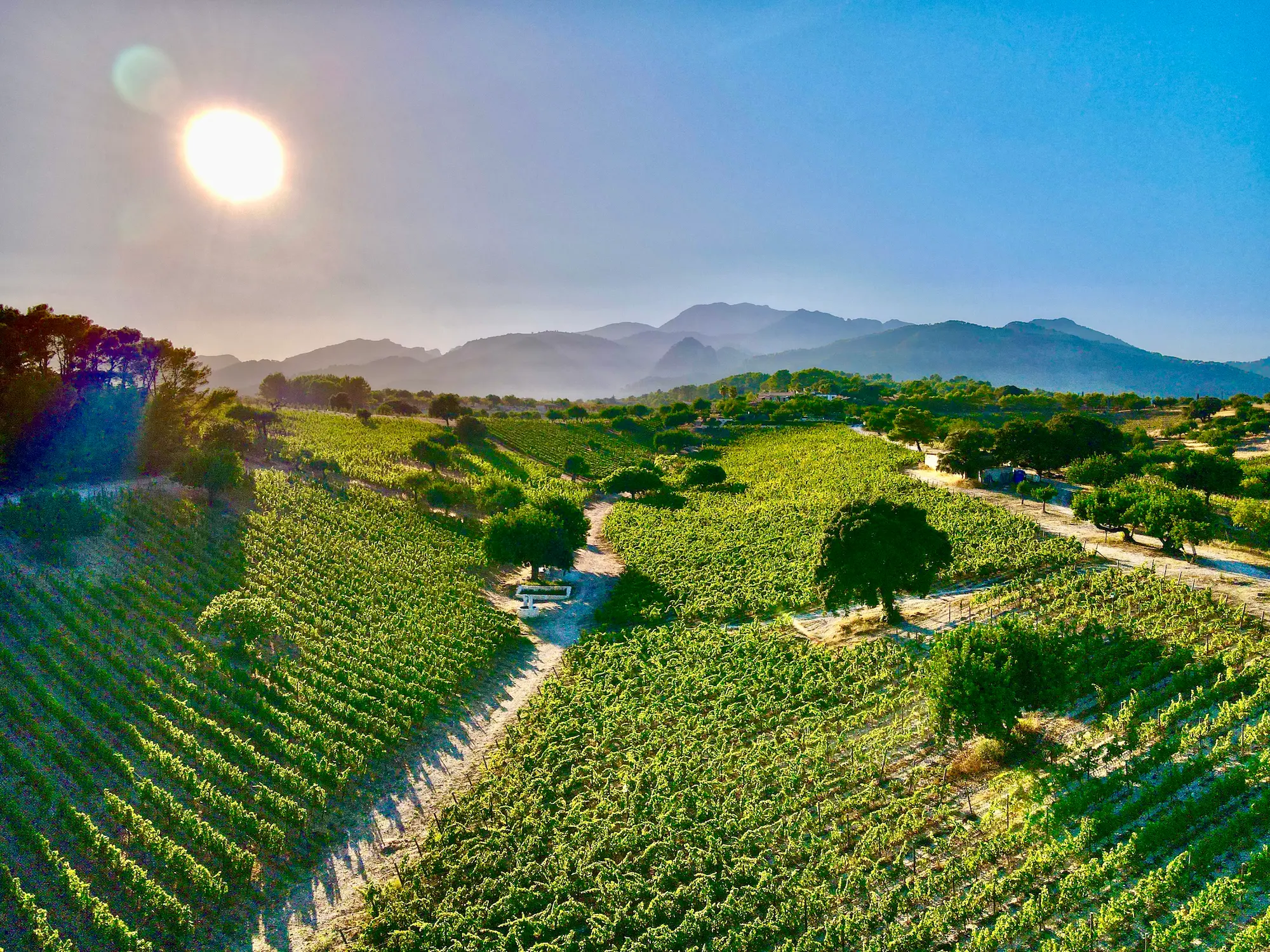
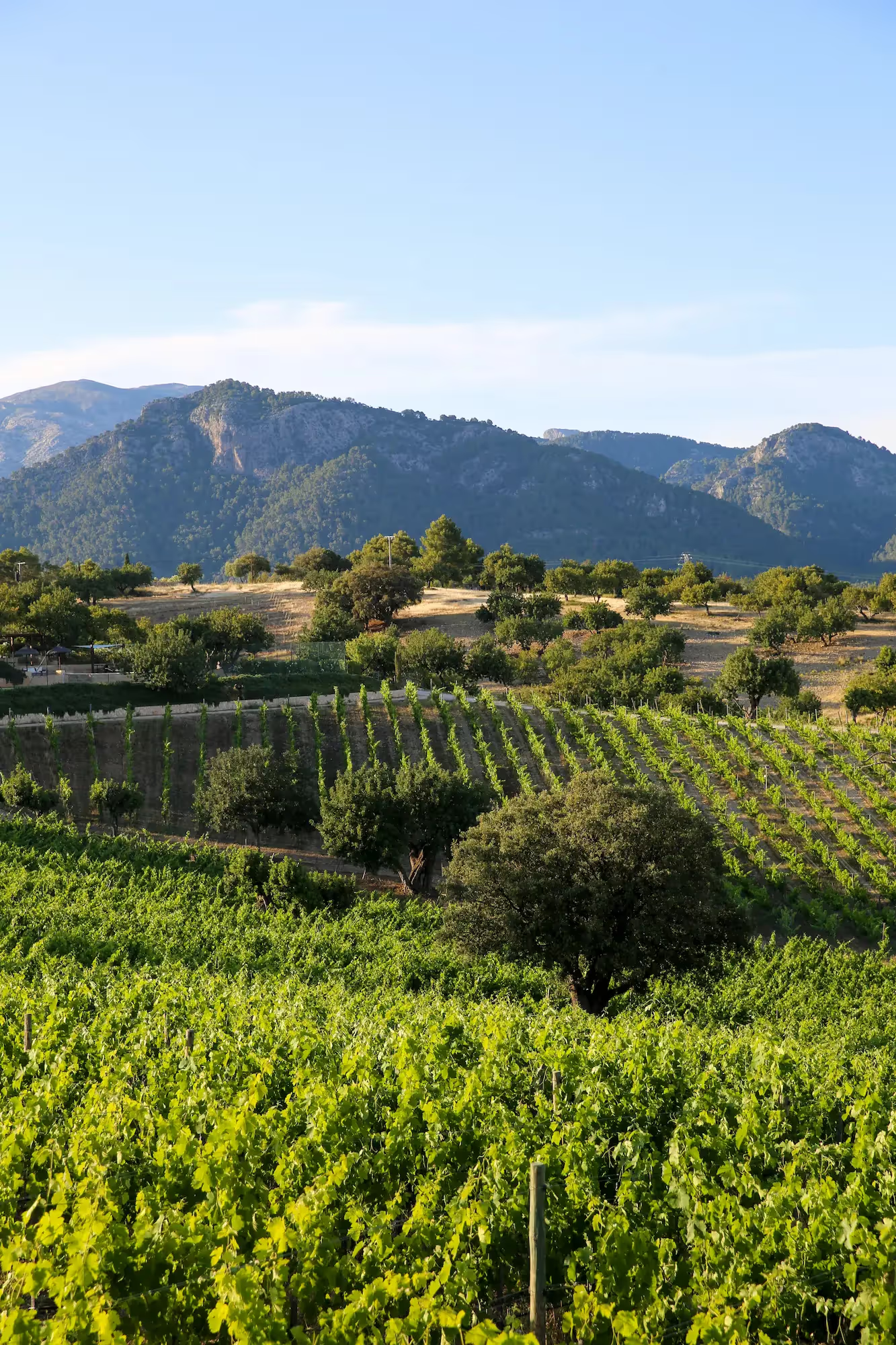
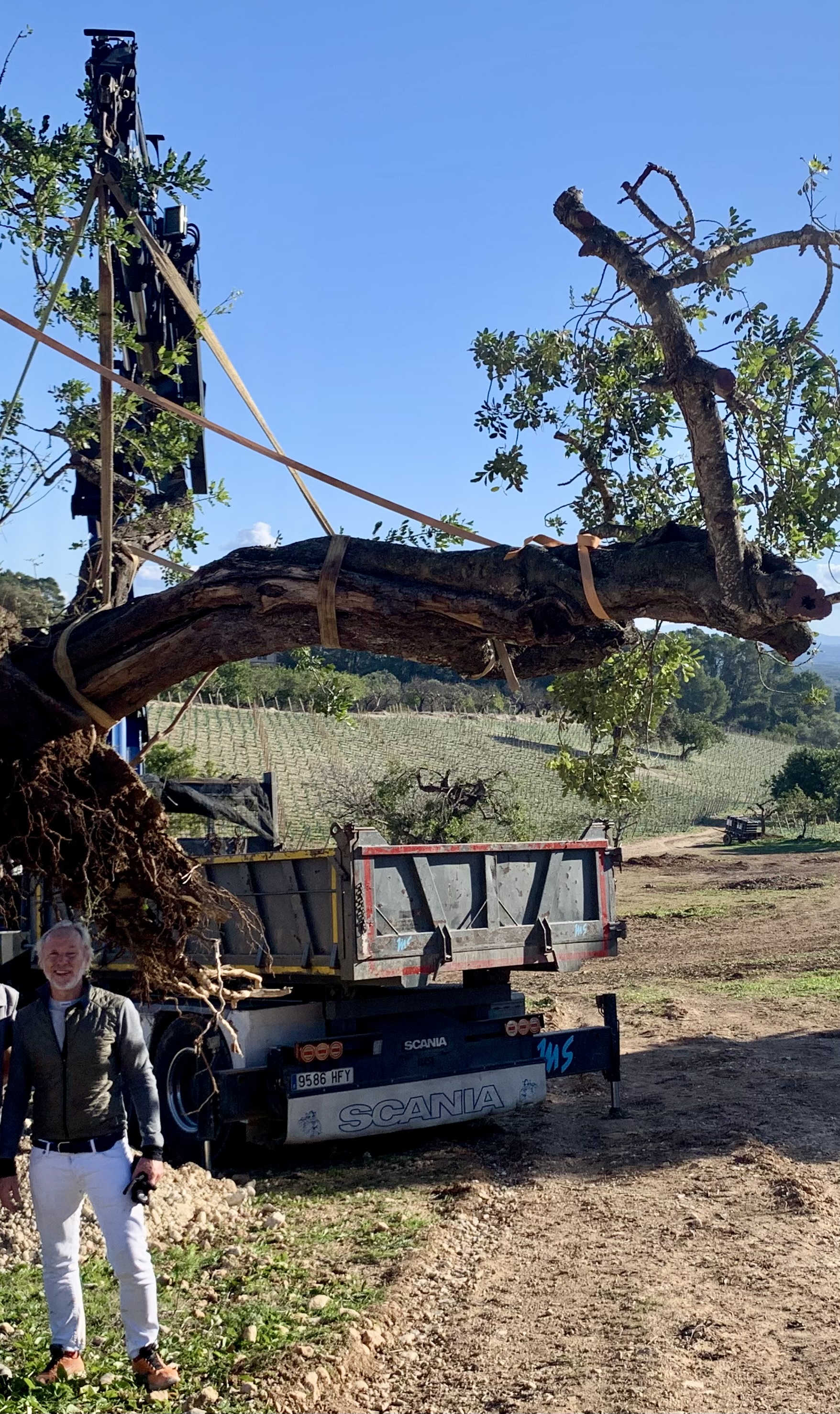
.avif)
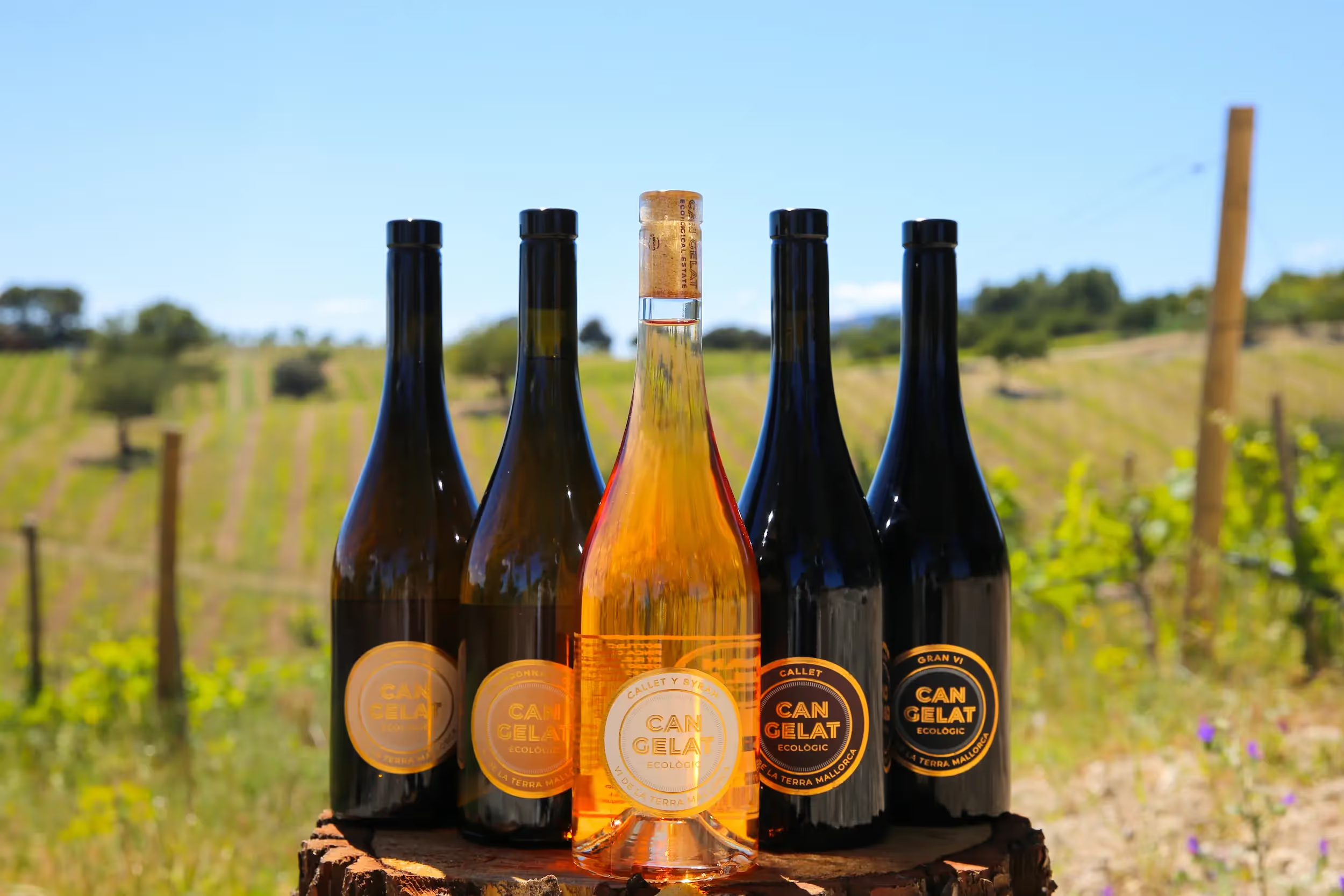

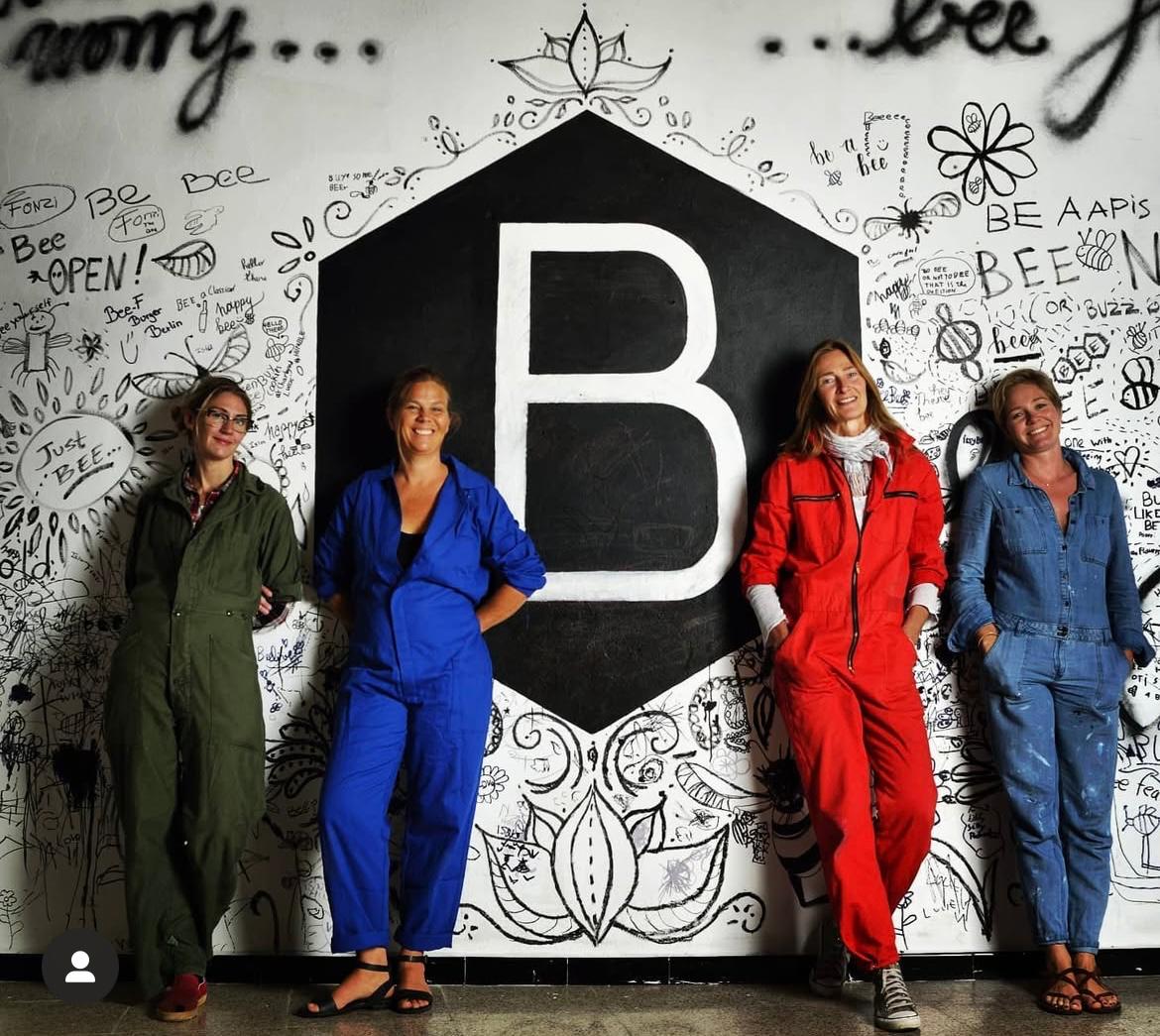

.avif)






